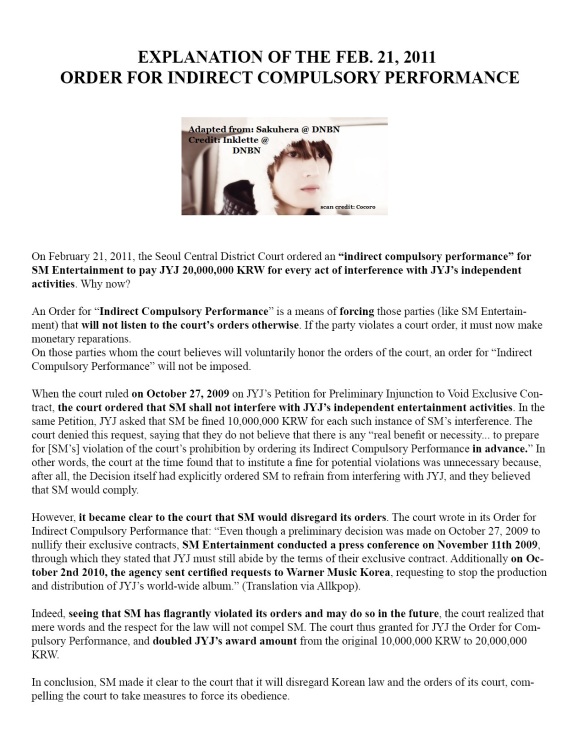A Cosmetic(s) Discourse, Part V:
Closing Remarks on the Pathologically Disturbed
In the preceding parts of this series, we deconstructed and analysed the argumentative structure of the cosmetics discourse, as well as the origin of those arguments in the grander scheme of historical, intellectual, psychological and moral human development or evolution. In most, if not all, of these areas, we found the ideas and arguments posed by this discourse lacking. In this final part of the series, we will synthesise, as succinctly as possible, all that came before and address any remaining issues from the discourse that have yet to be addressed.
WTF, Mate…?
In spite of all the criticisms leveled at the cosmetic discourse by this series thus far, through which the author admits to experiencing a certain amount of irreverent glee, there were moments in the discourse that showed true promise of saving itself from its own half-bakedness and underdevelopment. More than a couple of times, the discourse came close to asking interesting questions when addressing the JYJ v. SM Entertainment lawsuit…only to deflate into ridiculousness again in its classic circular and predictable manner.
Inasmuch as the cosmetic discourse is severely ignorant of the law and the functions of legal systems, to its credit, it makes relatively accurate assessments when it comes to the subjects it is truly obsessed with: money and brand value. It is entirely plausible that the departure of the three from SM caused the public’s perception of Dong Bang Shin Ki’s brand value to take the proverbial nosedive and consequently led to SM losing substantial sums of money and the members themselves facing a huge public backlash. Perhaps this is why the discourse itself seems to have a difficult time comprehending why the three members of DBSK would throw in the glove at the peak of their brand value. Why, at the height of their fame, would these three risk public backlash as well as damage to their brand and marketability by walking out of SM in such a dramatic and irreversible manner? Why, oh why? And for what? At this point, the drumroll is gathering louder and louder in the background and the anticipation is climbing for a truly stupendous answer that will make tabloid reporters and paparazzi weep grateful tears of joy.
And what we get is…a cosmetics business. The stupendous answer we’ve all been waiting for, announces the cosmetic discourse, is a cosmetics business that even the discourse’s supporters acknowledge to be ‘not very big’ or remarkable.
Seriously?! The three members of JYJ walked out of SM into certain hostility and career death…to sell women’s face cream?
Furthermore, at this point the discourse has already attributed the cause of the lawsuit to be the cosmetics business, but it now wants us to believe that the cosmetics business was the objective of the lawsuit also. One thing—the cosmetics business—as both cause and objective? One thing as both the point of departure and the point of arrival? This discourse spins itself in more circles than a merry-go-round in a sad Korean soap opera.
Not only does the discourse deflate itself after actually displaying promise but it comes frustratingly close to asking the question that naturally follows from the above, the question that is really at the crux of it all, only to drop the ball(s) in the end. Why did the three feel the need to pursue unguaranteed monetary gains in the first place if they were already at a point where it’s in their interests (as much as it is in SM’s) to protect their image and “brand”?
Forgive me if I find the answer of ‘SM’s unfair, Korean-Civil-Code-Article-103-breaking-13-year exclusive contract’ to be a more consistent and logically less dizzying answer than ‘the cosmetics business’. Continue reading






